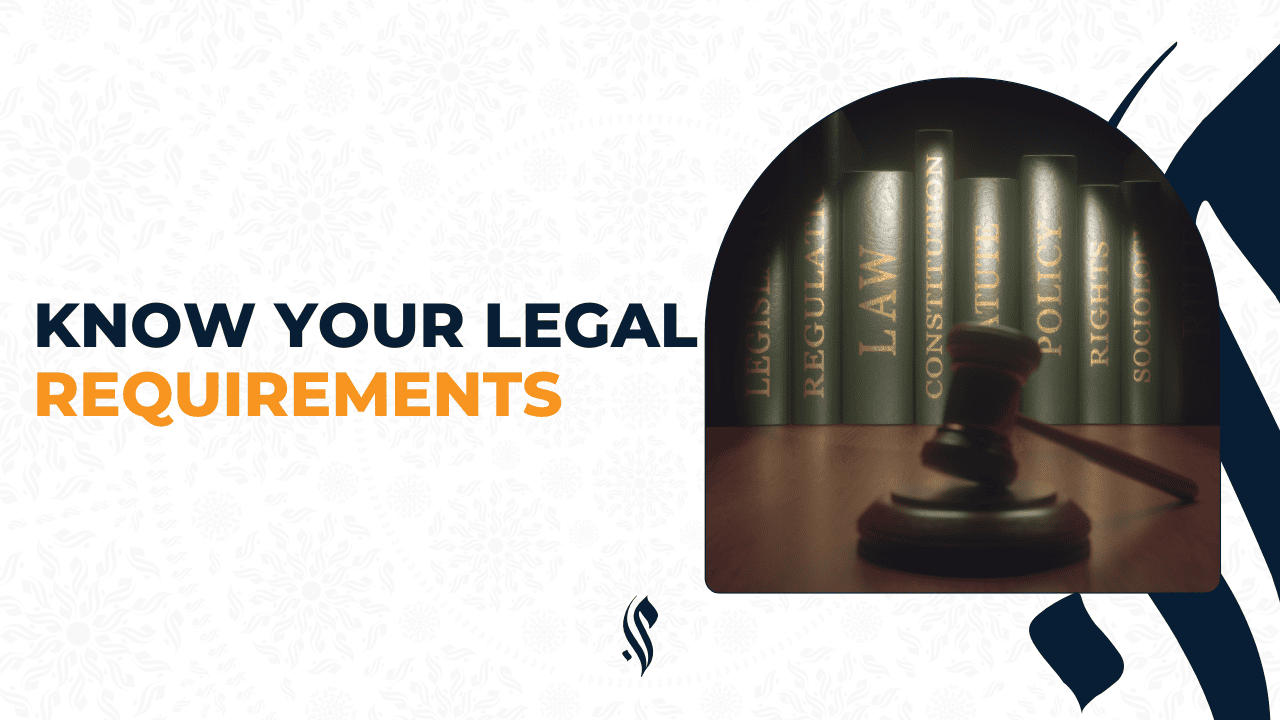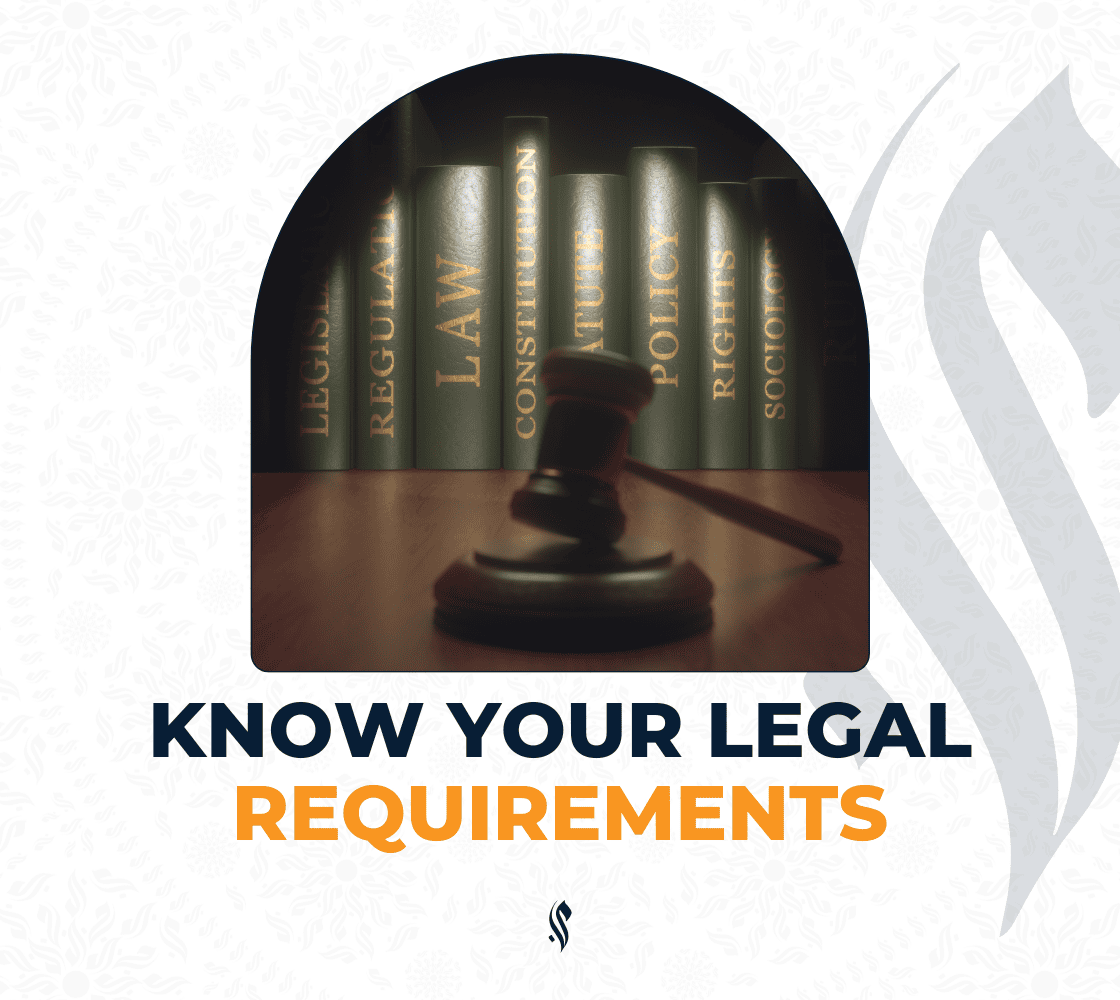

“O you who believe! Fulfil (your) obligations.”
(Surah Al-Ma’idah 5:1,)
1. Register Your Business
The first step in building a legitimate business is registering it with your local government. Depending on your country, you may have several structures to choose from:
Sole Proprietorship - Simple and low-cost, but the owner is personally responsible for everything.
Partnership - Two or more people share ownership, responsibilities, and liabilities.
Limited Liability Company (LLC) - Protects your personal assets from business problems, common among small businesses.
Corporation - More complex, often for larger companies, but provides strong legal protection.
Choosing the right structure depends on your goals, finances, and growth plans. Registering your business not only makes it official but also shows your customers that you are serious and trustworthy.
2. Licenses and Permits
Every industry has its own legal rules. If you’re selling food, you may need health permits. If you’re running an online shop, you may need an e-commerce license or approval to sell specific products. If you’re offering professional services, you might need certifications or permits to operate legally.
Examples include:
Food businesses: health inspection approvals.
Online sellers: e-commerce licenses.
Construction or trade services: professional licenses.
Retail stores: sales tax permits.
Failing to get the right licenses can cause serious issues, including fines or forced shutdowns. Research your industry carefully and check with your local government offices to ensure you are covered.
3. Taxes and Compliance
3. Taxes and Compliance
Taxes are a major part of running a business. To stay compliant, you’ll need to:
Apply for a Tax ID Number - This identifies your business for tax purposes. In the U.S., it’s called an EIN (Employer Identification Number).
Understand Your Obligations - Depending on your business structure, you may need to file income tax, sales tax, or payroll taxes.
Keep Records - Track your income, expenses, and receipts. Accurate bookkeeping makes tax filing easier and keeps you safe in case of audits.
Some founders ignore taxes when starting small, but this can create huge problems later. Staying tax-compliant from day one prevents stress and builds a reputation for responsibility.
Subscribe to Muslim Founder's Newsletter
The only newsletter you need to start & grow your Muslim business, Insha'Allah.
100% Free. No Spam Guaranteed.
4. Protecting Your Business
Beyond registration and taxes, there are other legal steps to consider that safeguard your business:
Contracts - Use clear contracts with suppliers, partners, and clients. This prevents misunderstandings and protects your rights.
Insurance - Depending on your field, business insurance can protect against risks like property damage, accidents, or liability claims.
Employment Laws - If you plan to hire employees, learn about local labor laws. These cover wages, benefits, working conditions, and safety requirements.
By following these steps, you avoid legal disputes and show your commitment to fairness and professionalism.
5. Staying Informed and Updated
Laws change over time, and businesses must adapt. For example, digital businesses today face new rules around data privacy and online security. To stay compliant:
Follow government updates or sign up for newsletters.
Join local business associations that share legal advice.
Consider consulting a lawyer or accountant for specific guidance.
Being proactive saves you from costly surprises and ensures your business grows with confidence.
Subscribe to Muslim Founder's Newsletter
The only newsletter you need to start & grow your Muslim business, Insha'Allah.
100% Free. No Spam Guaranteed.


